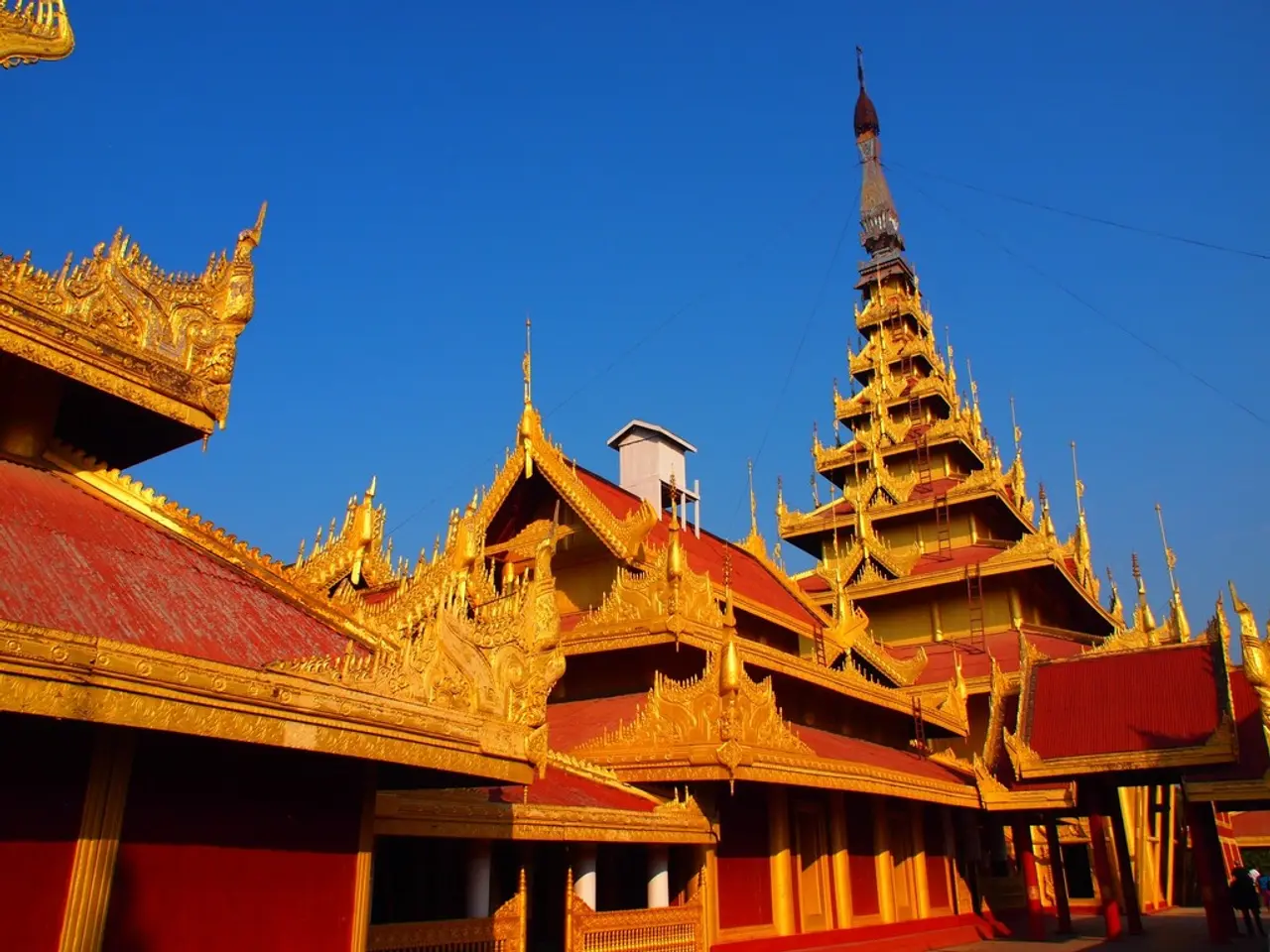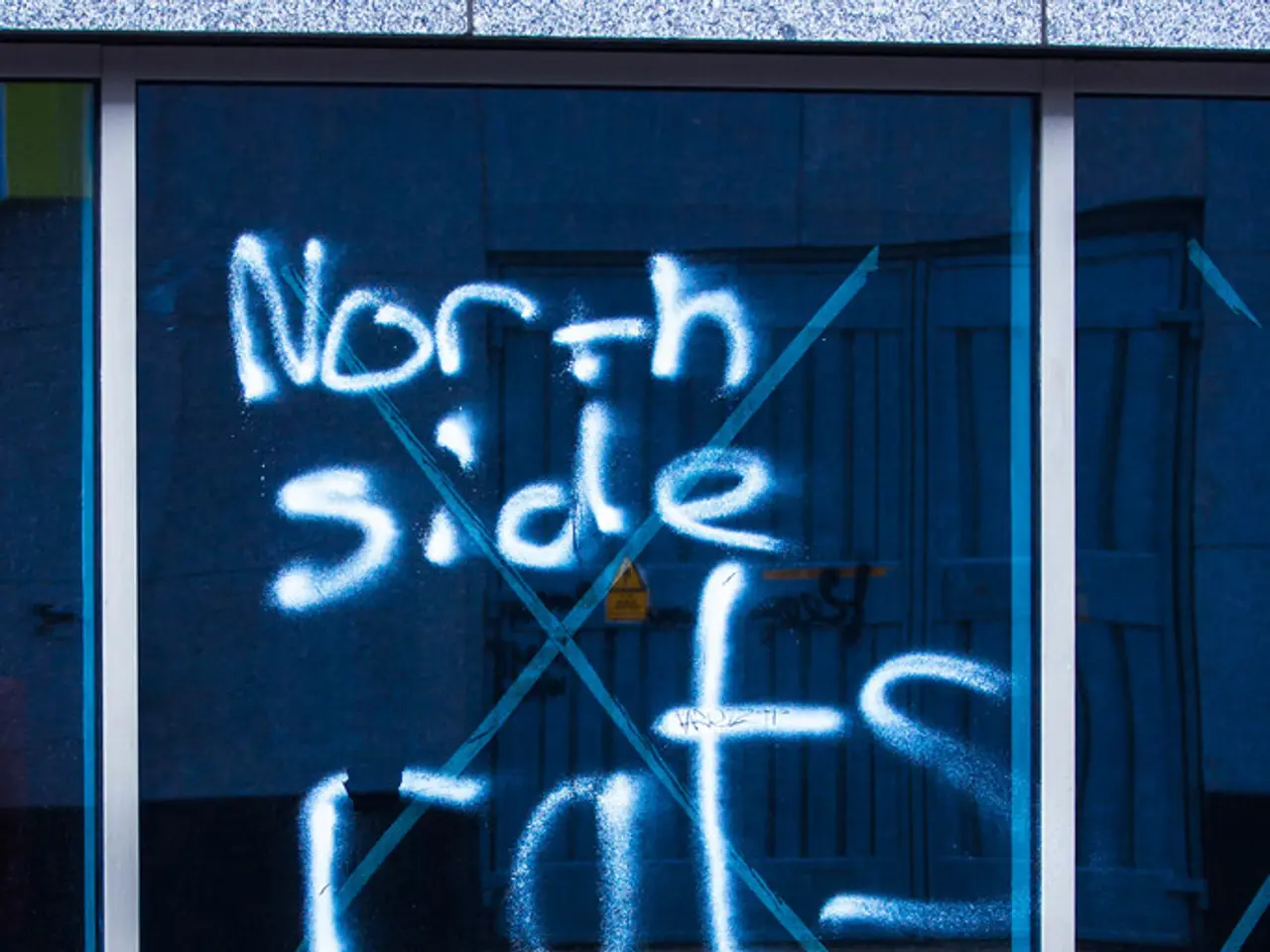New Sarawak assembly seats to primarily benefit Parti Pesaka Bumiputera Bersatu (PBB) according to the proposal
The expansion of the Sarawak State Legislative Assembly (DUN) is set to proceed, as the Dewan Undangan Negeri (Composition of Membership) Bill 2025 is to be tabled on July 7. This bill proposes an increase in the number of assembly seats from the current 82 to potentially 99, adding up to 17 new seats.
### Impact on GPS Dominance
The Gabungan Parti Sarawak (GPS), which currently holds a strong majority in the assembly, is expected to pass the bill smoothly, given their backing at both the state and federal parliamentary levels. The distribution of the new seats among the coalition parties within GPS is anticipated to be a strategic decision, aimed at consolidating and expanding their political dominance.
This move aligns with demographic shifts and growth in urban areas such as Kuching, Miri, and Bintulu, suggesting that GPS wants to ensure its representation reflects these changes.
### Potential Consequences
The expansion of the state assembly could allow GPS to strengthen its grip by fielding more candidates and possibly diluting opposition strength. There is also speculation about increasing the size of the Sarawak Cabinet alongside the seat increase, potentially growing the cabinet from 10 to 12 or more members. This could distribute portfolios more effectively and broaden leadership representation within GPS and its coalition partners.
Increasing assembly seats and cabinet size may reflect efforts to better address governance challenges and development priorities amid Sarawak’s evolving socio-political landscape. The redelineation following seat increases is expected to correct imbalances in representation, particularly in fast-growing areas, which may improve voter representation and engagement.
While this is a state-level increase, federal approval is necessary, but no resistance is anticipated given its nature and GPS’s political influence. However, the expansion of the assembly is claimed to be less about ensuring balanced representation and more about reinforcing GPS’s grip on power.
Party Rakyat Sarawak (PRS) is expected to receive two seats, both in Iban-majority areas, while the Bidayuh-majority seat is likely to be allocated to the Sarawak United Peoples' Party (SUPP). SUPP will also get three seats, one in a Chinese-majority area and two in mixed Chinese-Iban areas. Among the new Malay-majority seats likely to be created for PBB are Sejinjang (Santubong), Serapi, and Semarak (Petra Jaya), Bukit Kemuyang (Sibu), and Permaisuri (Miri). The Melanau-majority areas expected to be allocated to PBB are Susur Jambu (Sarikei) and Oya (Mukah). For SUPP, the Chinese-majority seat is expected to be Seladah (Bandar Kuching), and the Bidayuh-majority seat is Jagoi (Mas Gading).
In summary, the expansion of Sarawak’s state assembly aims to align political representation with demographic realities while reinforcing GPS’s dominance through strategic seat allocation and possible cabinet enlargement. The move could lead to more inclusive governance but also entrench GPS’s political power at the state level.
- The Gabungan Parti Sarawak (GPS), with its influence extended over both state and federal parliamentary levels, is poised to pass the Dewan Undangan Negeri (Composition of Membership) Bill 2025 in Malaysia's parliament.
- By strategically distributing the additional 17 seats in the expansion of the Sarawak State Legislative Assembly to coalition parties within GPS, GPS aims to bolster its political dominance.
- The planned increase in the size of the Sarawak Cabinet could potentially accompany the expansion of the assembly, which may lead to more effective distribution of portfolios and broader leadership representation within GPS and its coalition partners.





